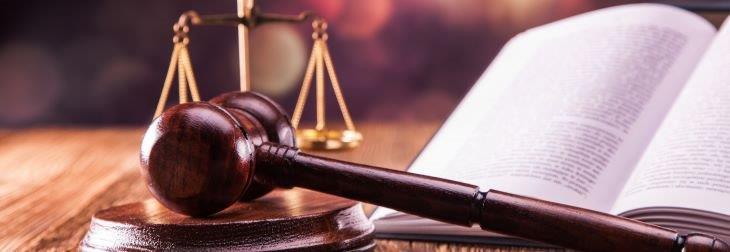The Federal Government enacted the new Brazilian Bankruptcy Law (Law n. 14.112/2020), seeking to improve the business environment. The law implemented a wide range of revisions to the legal framework on bankruptcy, judicial recovery and extrajudicial recovery.

Law n. 14.112/2020 enacted by the Federal Government updated the Law on Bankruptcy, Judicial Recovery and Extrajudicial Recovery provided by Law n. 11.101/2005, seeking to improve the business environment by revising the bankruptcy procedures, implementing new recovery mechanisms for failing businesses and safeguarding creditors.
The main reforms to the legal framework on bankruptcy, provided by the new law, are:
- More balanced procedure rules for debtors and creditors, including provisions on Stay Period;
- More dynamic rules on bankruptcy, including Fresh Start obligations;
- More flexible extrajudicial recovery rules;
- New rules on company groups;
- Non-succession of assets for third-party creditors acquiring capital;
- Incorporation of the United Nations Commission on International Trade Law (UNCITRAL)’s model on transnational bankruptcy;
- Incentives for Debtor-in-procession (DIP) financing;
- Incentives for fiscal credit acquittance.
A detailed analysis provided by the Ministry of Economy (ME) is available here. A recording of ME’s Press Release on the new law is available here (both in Portuguese).
As a means to improve the business environment, the new procedures seek to increase the recovery rate of companies filing for bankruptcy, currently at 18%, as well as reducing the average total duration for bankruptcy processes, currently at four years, according to Work Bank Doing Business data.
The law was sanctioned with seven vetoes, which will be assessed by the Brazilian Congress.
The law comes into force on January 23.
